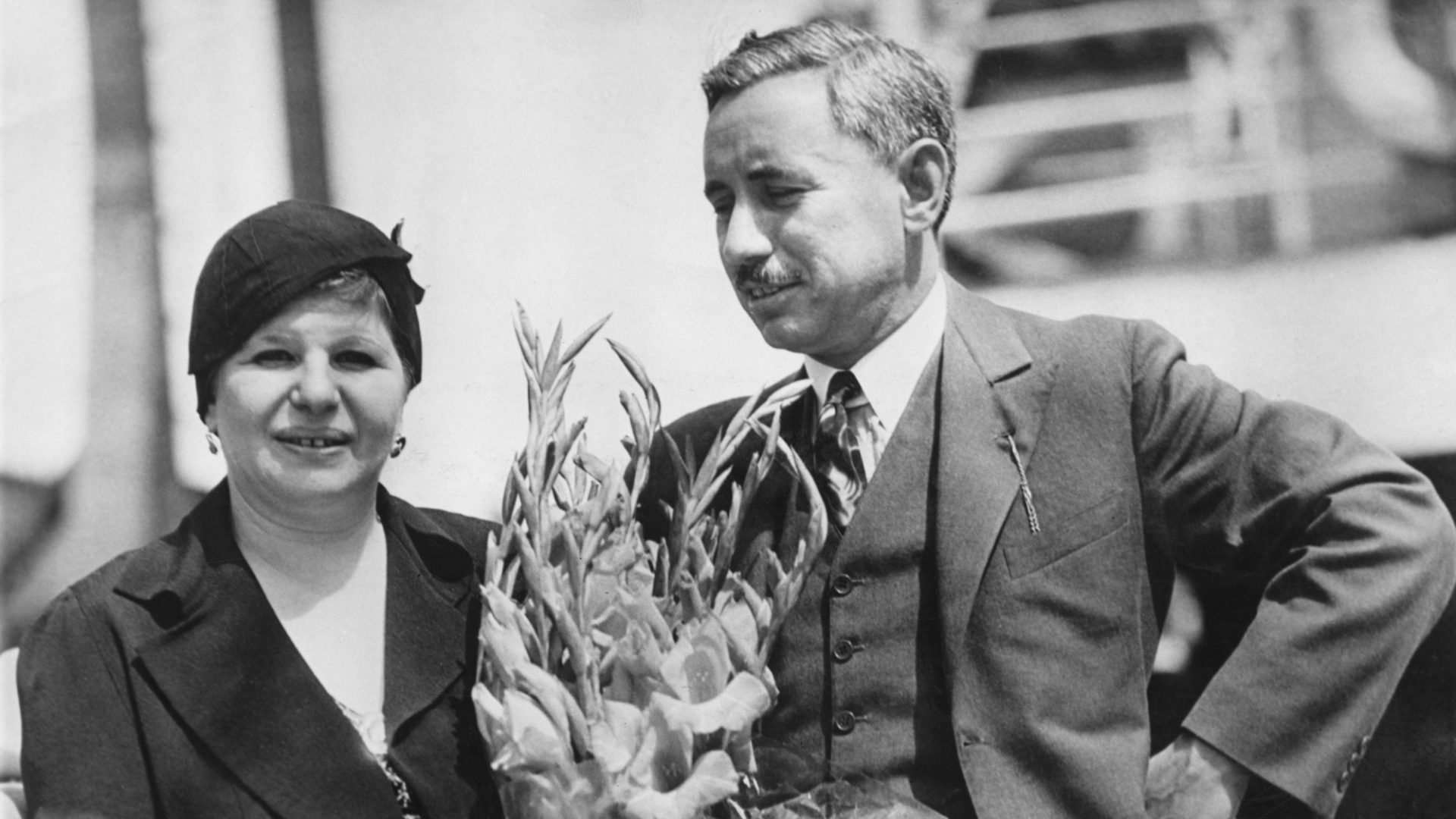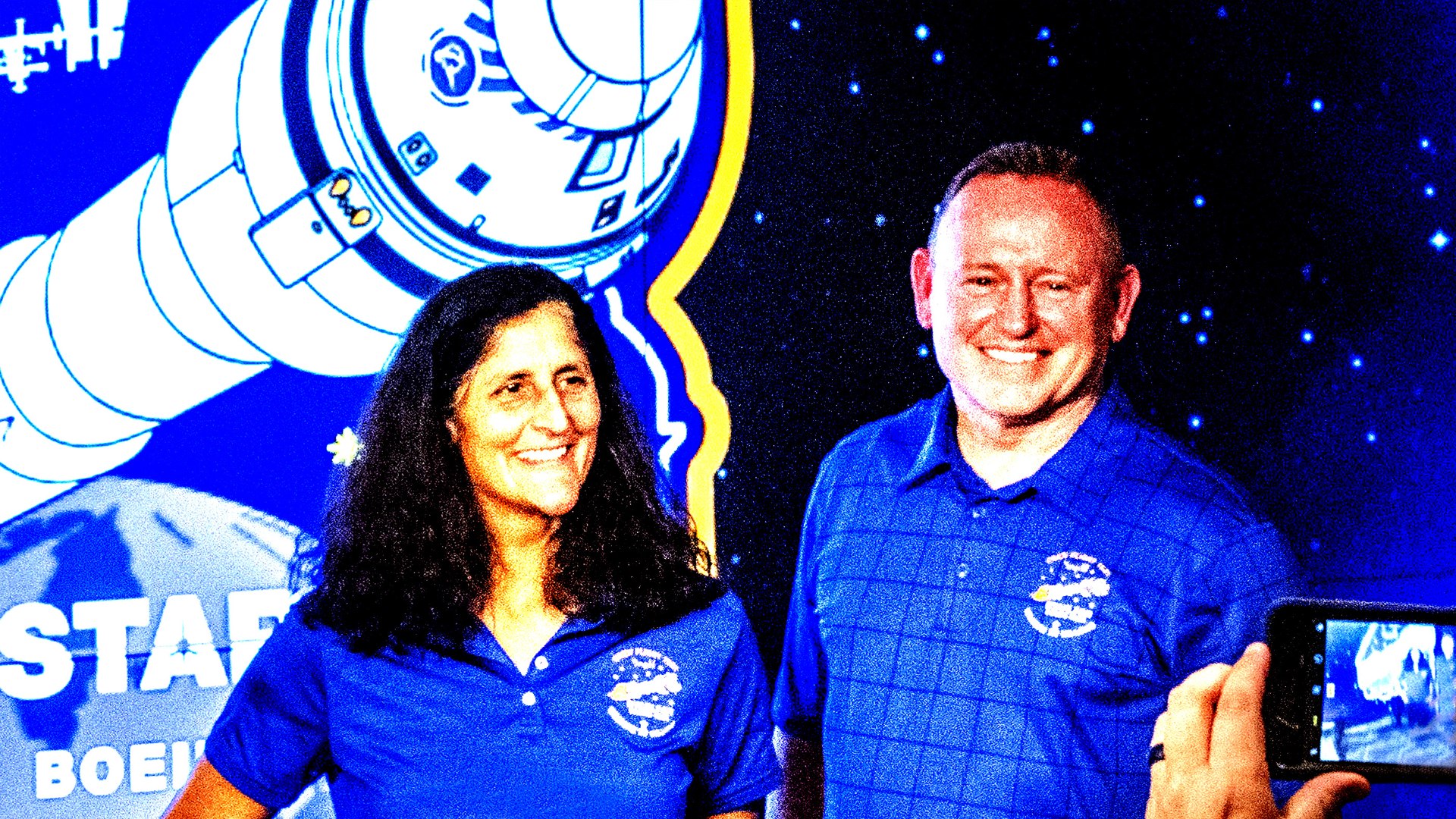When James Bailey was “unemployed, heartbroken, and questioning his purpose on the planet”, he decided to write to a range of luminaries and ask them what the meaning of life is. Surprisingly, perhaps, he received numerous replies, including from Jane Goodall, Anil Seth, Jimmy Carter, Ranulph Fiennes, Terry Waite, Michael Frayn, Hilary Mantel, Joan Armatrading, and many more.
He is publishing these in book form as The Meaning of Life: Letters from Extraordinary People and their Answer to Life’s Biggest Question, due out on April 3. Judging from the response on social media to a selection from it published in last weekend’s Guardian, it will be a huge success.
People want to know what the meaning of life is. And they want to know what other people think it is. They really do.
Bailey took his cue from Will Durant, an American philosopher, author of the 1926 bestseller The Story of Philosophy, one of the most successful popular philosophy books of all time. Durant followed that with On The Meaning of Life, published in 1932. This, like Bailey’s book, was a collection of responses to the big question. Like Durant, Bailey also invited respondents to relate how they found “meaning, purpose and fulfilment in their own lives”, a somewhat different question from the big one.
Fans of Monty Python will already know what the meaning of life is. It was revealed at the end of their film of the same name. It’s this (spoiler alert):
“Try and be nice to people, avoid eating fat, read a good book every now and then, get some walking in, and try and live together in peace and harmony with people of all creeds and nations”.
The Monty Python team, like many when asked the big question, interpreted it as “How should we live?” The last bit of their answer was quite close to Bertrand Russell’s famous message to the future from 1959: “love is wise, hatred is foolish”. Russell insisted that “we must learn a kind of charity and a kind of tolerance, which is absolutely vital to the continuation of human life on this planet.” Very sadly, that’s a lesson yet to be learnt.
Strictly speaking, though, if you ask someone what the meaning of life is, you’re asking something a bit different from “How should we live?”
Those who think life does indeed have a fixed meaning tend to be religious. Life has meaning because we are God’s (perhaps gods’) creations: we exist for some purpose even if there is dispute about what precisely that is. All meaning stems from the Designer’s plan.
As an atheist, I agree with Hilary Mantel’s response to Bailey’s question, however. She wrote to Bailey:
“I’m not sure that life has a meaning, in the abstract. But it can have a definite purpose if you decide so – and the carrying through, the effort to realise the purpose, makes the meaning for you.”
That’s very close to Jean-Paul Sartre’s position in his 1945 lecture “Existentialism is a Humanism”. There he argued that unlike a penknife, which has an essence, a set of properties that it must possess to be a penknife, properties defined in advance by its designer, human beings have no essence, no way we have to be.
We become who we are through the choices that we make in a world without pre-existing values. We create all meaning for ourselves because there is no God to create it for us.
In an important sense, for Sartre, we are what we do. That is the only meaning available for human beings, the meaning that we create – though Sartre adds the daunting requirement that if we are authentic, our choices should exemplify what we think a human being ought to be like, as if the whole world were watching us.
The further question that Durant and Bailey asked, of how individuals find meaning in their own lives, is more psychological than philosophical. There are so many ways of giving a sense of purpose and importance to what we choose to do.
This meaning comes from commitment. One person finds it through helping the homeless, another through walking in the hills; others through music, painting abstract designs or collecting matchboxes.
For me the message from Mantel and Sartre rings true. The only meaning of life is the meaning you give it. Don’t expect to find it elsewhere.
You have to create it for yourself, find your own purpose for existing, and then commit to it.



